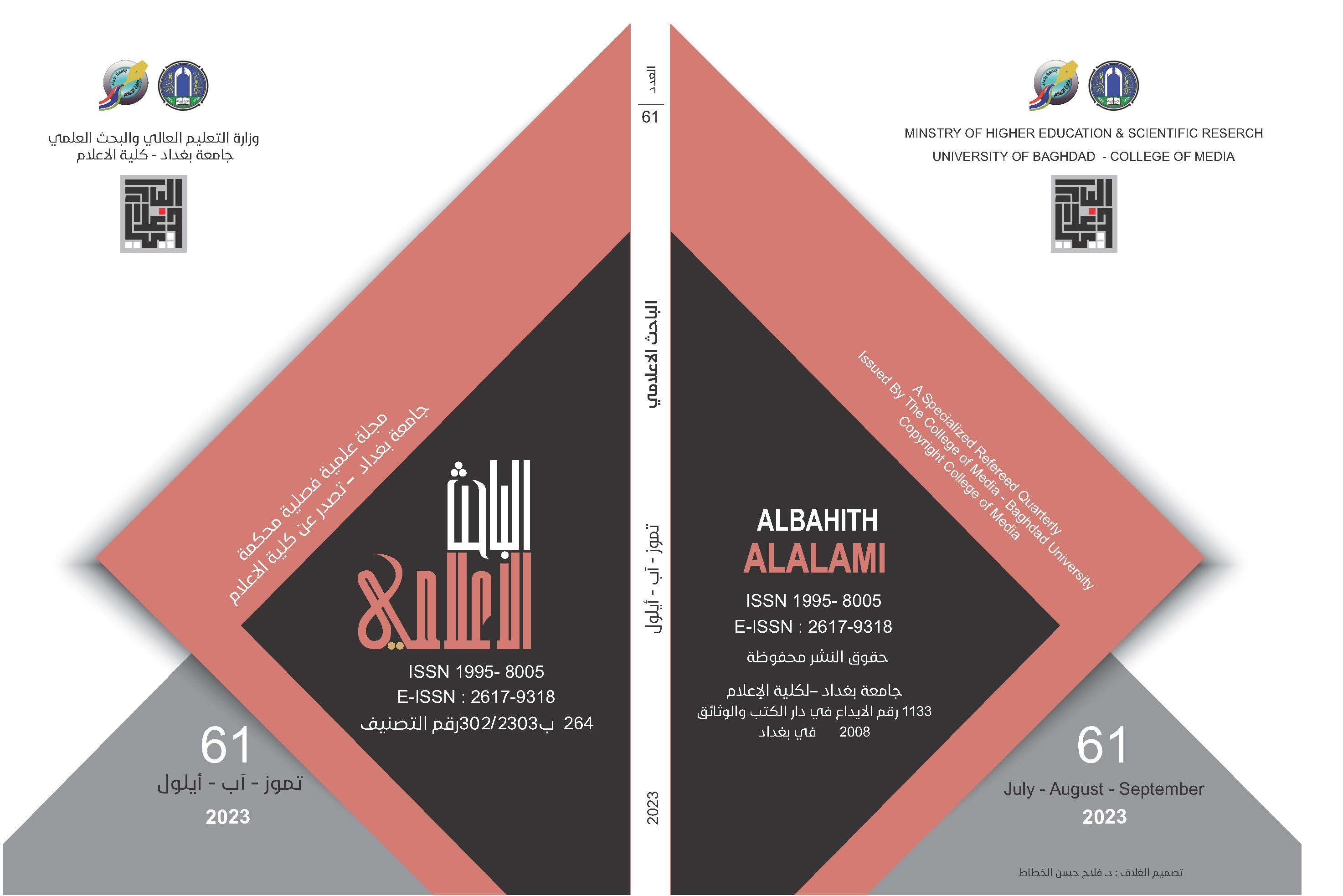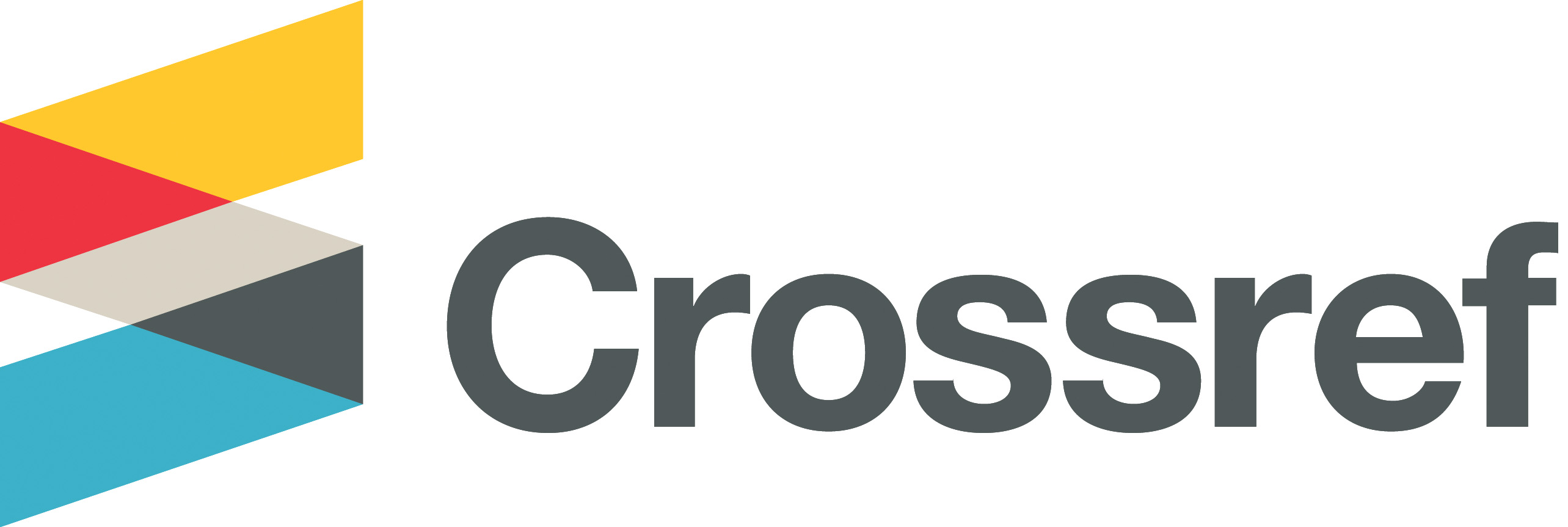Satirical Television Programs and Their Impact on the Image of Iraqi Politicians
DOI:
https://doi.org/10.33282/abaa.v15i61.1018Keywords:
Satire, Satirical Programs, Iraqi Politicians, ImageAbstract
This research delves into the role of satirical television programs in shaping the image of Iraqi politicians. The research problem is summarized in the main question: How does satire featured in television programs influence the portrayal of Iraqi politicians? This research adopts a descriptive approach and employs a survey methodology. The primary data collection tool is a questionnaire, complemented by observation and measurement techniques. The study draws upon the framework of cultural cultivation theory as a guiding theoretical foundation. A total of 430 questionnaires were disseminated among respondents who regularly watch satirical programs, selected through a multi-stage random sampling procedure.
The researcher arrived at several key findings, including: A majority of the surveyed audience perceives the image crafted of Iraqi politicians through satirical programs as predominantly negative. A smaller portion of respondents believe that satirical programs do not offer a clear image of Iraqi politicians. Additionally, most respondents point to the portrayal of Iraqi politicians' inability to deliver services to citizens as a prominent negative trait accentuated by satirical programs. These programs tend to omit any portrayal of positive attributes or the stances of politicians who prioritize upholding the Iraqi constitution.
Downloads
References
Abdel Wahed, A. H., Al-Toukhi, A. A., & Al-Murr, A. M. (2014). Political topics as reflected in satirical television programs on satellite channels “An Analytical Study”. Journal of Specific Education Research, 2014(35), 217-246. https://doi.org/10.21608/mbse.2014.141067
Al-Hawal, H. A. (1982). Sarcasm in Al-Mazni's literature. Cairo: Egyptian General Book Authority.
Al-Nuaimi, M. A.-A., Al-Bayati, A.-J. T., & Khalifa, G. J. (2015). Scientific research methods and methods. Amman: Al-Warraq for publishing and distribution.
Al-Salem, H. K. (2014). The development of caricature in the Iraqi press. Ammaan: Dar Osama for Publishing and Distribution.
Hijab, M. M. (2007). Scientific foundations for writing university theses. Cairo: Dar Al Fajr for Publishing and Distribution.
Ibrahim, I. (2017). Media research methods. Cairo: Dar Al Fajr for Publishing and Distribution.
Istitieh, S. S. (2002). Language and the psychology of discourse. Ammaan: Arab Foundation for Studies and Publishing.
Kadom, N. A., & Al Jubori, I. Z. (2022). Women’s Traits In The Iraqi Satirical Television Show ‘State Of Melon’ A Paper Extracted from A Masters Thesis. ALBAHITH ALALAMI, 14(56), 105-122. https://doi.org/10.33282/abaa.v14i56.881
Mustafa, D. (2014). Sarcasm in TV shows. Baghdad: Dar Mizubutamia.
Nasser, D. M. (2009). The political contents of the satirical television programs, Al-Baghdadiya Channel, as a model: An analytical study of the two programs, Dialogue of the Tarshan and The Franchise, for the period from 1-1-2009 to 3-31-2009 (Unpublished Master Thesis). University of Baghdad, College of Mass Communication, Department of Radio and Television.
Omar, N. M. (1986). Social and media research methods. Cairo: Anglo-Egyptian Library.
Radi, W. F. (2009). The role of satellite news channels in shaping the media and political image of Iraq: A field study on students at the universities of Anbar and Kufa. ALBAHITH ALALAMI, 2(5), 11-36. Retrieved from https://www.iasj.net/iasj/download/dbae8298784091a1
Shafiq, H. (2017). Sarcastic media, laughter tastes of pain. Cairo: Dar Fikr and Fan for printing, publishing and distribution.
Shalabi, K. (1994). Dictionary of media terms. Beirut: Dar Al-Jeel for printing, publishing and distribution.
Downloads
Key Dates
Published
Issue
Section
License
Copyright (c) 2023 ALBAHITH ALALAMI

This work is licensed under a Creative Commons Attribution 4.0 International License.
Authors retain copyright and grant the journal right of first publication with the work simultaneously licensed under a Creative Commons Attribution License (CC BY 4.0) that allows sharing the work with recognition of authorship and initial publication in ABBA journal.


















